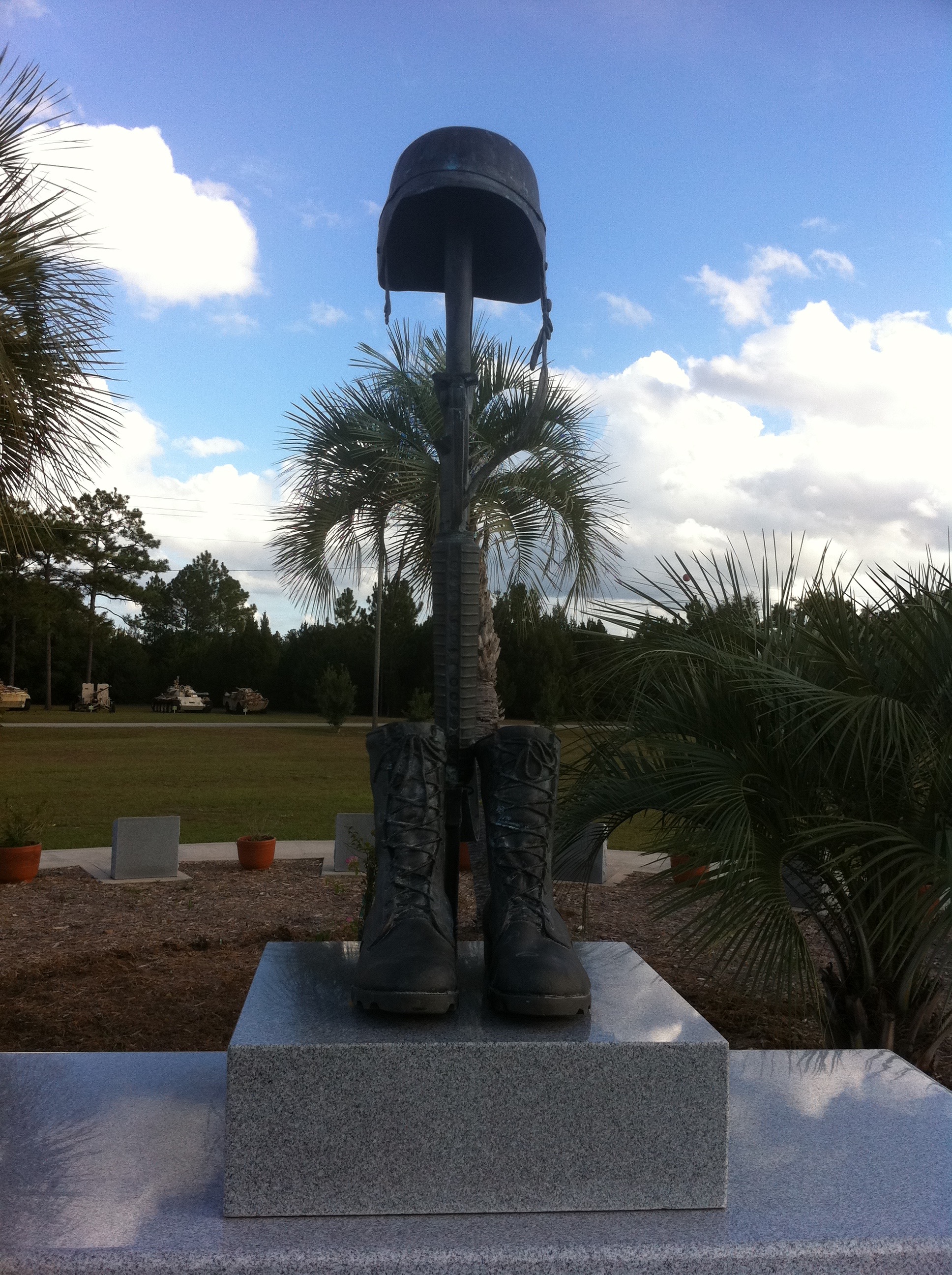“Suicide is among the 10 leading causes of death in the United States (U.S). The suicide rate in the U.S. in 2014 was the highest since 1986: 13 per 100,000 people.”[1] The last several years has seen an even greater increase in suicides among United States Military Veterans. “Until 2006, suicide rates (adjusted for age and gender) were lower for veterans than for adult civilians; however, by 2014, death by suicide was 21% more likely for veterans than for their adult civilian counterparts.”[2] Roughly 20 veterans are committing suicide every day in the United States. The most alarming is the rate of which new veterans are struggling and becoming more at risk of suicide. “Suicide rates for younger veterans (18-29) and for veterans ages 30-39 increased sharply between 2001 and 2014.”[3] For a long time veteran suicide rates were not out of the ordinary from the national average of non-military personnel who commit suicide each year. Early prevention is the key to cut down on the number of veterans committing suicide.
A great number of at risk military personnel are beginning to benefit from the treatment offered through the VA, and many now have hope to try and curb their suicidal thoughts and tendencies. However, spiritual care providers like VA Hospital chaplains, pastors, and Christian counselors can be better used to help at-risk veterans connect to a support group, by way of focusing on their specific faith.
Many chaplains and pastoral counselors could benefit from incorporating some aspect of cognitive counseling. “Cognitive counseling can be defined as any model that is founded on the belief that thoughts are directly connected to how we feel. Counselors using this model seek to help counselees identify distorted types of thinking that may be causing emotional distress.”[4]
Through spiritual care a veteran can embrace being connected to others dealing with similar issues as them, and see their isolation dissipate to the point where receiving help and treatment can be viewed as a positive experience. One of the most effective ways of accomplishing this is by offering a listening ear to someone who is struggling like an at risk veteran, which can go a long way in helping to ease their pain. The church as a whole must begin to understand the issues they are dealing with by first listening to them. “I came to believe that most people think they listen, but don’t really hear each other. And that causes a lot of unnecessary confusion and pain. I also believe that people who are willing to work at it can improve their relationships across the board.”[5] The relationship between the church and the military could be a lot better than what it is currently just by having better communication with those who are serving, and those who have served this country. You don’t have to be a trained counselor or minister to begin helping today. We can all start by praying for our veterans and soldiers that are at-risk of suicide today.
Dr. Reggie D. Richardson
References
[1] Joseph J. Amato, Deborah J. Kayman, Mark Lombardo, and Marjorie F. Goldstein, “Spirituality and Religion: Neglected Factors in Preventing Veteran Suicide?,” Pastoral Psychology 66, no. 2 (December 21, 2016): 192, accessed April 5, 2017, http://dx.doi.org/10.1007/s11089-016-0747-8.
[2] Ibid.
[3] Ibid.
[4] Charles A. Kollar, Solution-Focused Pastoral Counseling (Grand Rapids, Michigan: Zondervan, 1997), 236.
[5] James C. Peterson D.Min. L.P.C., Why Don’t We Listen Better?: Communicating & Connecting in Relationships (Portland, Oregon: Petersen Publications, 2007), 7.

